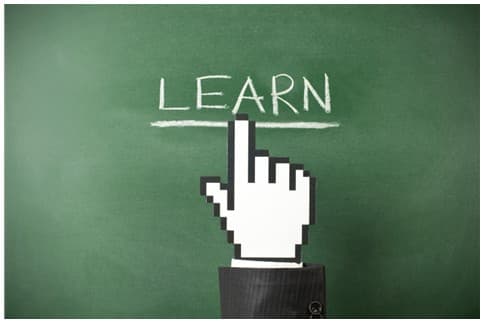How Debt Consolidation Works
- Figure out your starting position.
- Understand the difference between combining your debts and combining your payments.
- Shop around to find the best program for your needs.
- Start your FREE debt assessment
Learn How to Do Debt Consolidation the Right Way
When you are trying to figure out how debt consolidation works, you have to first figure out where you are starting off. You need to define your goals and understand how your income, debt level, and credit score affect your consolidation options. There is no one-size-fits-all debt consolidation program. However, you can divide the various consolidation options into two categories. There are programs that:
- Combine Your Debts
- Combine Your Payments
One basic goal that all consolidation options share is to pay off your debts. How to do debt consolidation and make it work, whichever option you use, also shares these 5 basic steps:
- Budget- You have to figure out how much you owe, how your debt breaks down, and the size of the monthly payment you can afford.
- Review Your Options- There are a wide variety of debt consolidation options. Take the time to review them and to weigh their pros and cons.
- Shop around- To find the best consolidation offer, for whatever option you choose, speak with more than one company. The program costs are obviously an important factor, but don't make it your sole focus. Check out the company's reputation and weigh the thoroughness of the presentation you receive,
- Negotiate- If you are taking out a debt consolidation loan, you negotiate a lower interest rate. In a credit counseling program, concession rates are negotiated for you by the program, as well as a reduction in fees. In debt settlement, reduced principal balance settlements are negotiated.
- Stick to the Plan- Your debt consolidation program won't succeed unless you see it through to completion. Each option takes years to complete, so you have to commit yourself to making your required payment each and every month. One missed payment can, in certain instances, cost you money in penalties or the loss of favorable repayment terms you negotiated
- Don't Run Up More Debt- No matter how debt consolidation works, you have to avoid running up new debt, once your old debt is paid off.
Quick Tip
If you're struggling with debt, receive a free, no-hassle debt relief quote from one of Bills.com’s pre-screened debt relief providers.
How To Combine Debts: Consolidation Loans
A consolidation loan is a good way to pay off your debts and save money, if you qualify. When you take out a consolidation loan, whatever the type, you pay off your old creditors and replace them with a new loan. Where you had multiple creditors, you now have one. There are different types of consolidation loans, including:
- Cash-out Refinance- Use equity in your home to get the lowest interest rates available on long-term financing.
- Personal Loan- Unsecured personal loans have higher interest rates than secured mortgage loans. Still, if you have very high rates on your credit card debt, a personal loan may be a viable way to cut your rate and save money.
- Peer-to-Peer Loan- Peer-to-Peer lending is another unsecured loan option, but one that cuts out banks from the process. Instead, you borrow from investors who are looking for a far better return on an investment than they can get in a CD or other safe investment. By eliminating the middleman, your costs are lower. You get a lower rate loan, if you qualify and the investor gets a higher return.
- Balance Transfer- Shift a number of credit card debts over to a new credit card that offers a 0% or low-interest rate. The low rate is in place for a limited time, so pay off as much of your balance as you can, before your rate adjusts.
How to Combine Payments: Professional Debt Consolidation Program
Professional debt relief programs do not pay off your creditors in advance the way that a loan does. While your creditors are eventually paid off in these programs, until they are paid off you still owe your original creditors.
Professional debt relief programs do combine your payments. Instead of sending in multiple payments every month, you send one monthly program payment. 100% of your debts are paid back, though the credit counseling program negotiates to obtain reduced interest rates and elimination of fees your creditors have charged you for late payments and exceeding your credit limit.
- Credit Counseling- In a credit counseling program, your monthly payment is divided and sent to your various creditors.
- Debt Settlement- Your monthly payment in a debt settlement program is deposited in a federally insured bank account that remains in your control. As you build up funds in the account, they are used to pay off your creditors for less than you owe them. No payments are received by your creditors on a monthly basis, so your credit is harmed.
Free up cash each month with Freedom Debt Relief

Ozzy S., Freedom client
“Right away, I had more money each month because of program costs so much less than what I was paying on my minimums.”
Actual client of Freedom Debt Relief. Client’s endorsement is a paid testimonial. Individual results are not typical and will vary.

